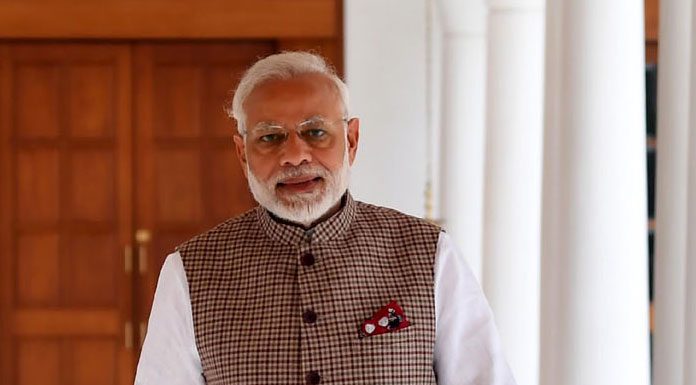Replying to the Prime Minister Narendra Modi government proposed sweeping changes to the legal protections for “intermediaries”, which affect every internet company, the American web browser Mozilla said that the new rules proposed by the Ministry of Electronics and Information Technology (MeitY) are blunt and disproportionate solutions to the problem of harmful content online.
The new draft rules on intermediary liability floated in the month of December 2018, propose that all intermediaries, ranging from social media and e-commerce platforms to internet service providers, be required to proactively remove “unlawful” user content, or else face liability for content on their platform. The rule has also proposed a sharp blow to end-to-end encryption technologies, used to secure most popular messaging, banking, and e-commerce apps today, by requiring services to make available information about the creators or senders of content to government agencies for surveillance purposes.
Mozilla said that Intermediary liability protections have been fundamental to the growth of the internet as an open and secure medium of communication and commerce. Legal provisions such as Section 79 of the Information Technology Act in India (under which these new rules are proposed), Europe's E-Commerce Directive, or Section 230 of the US' Communications Decency Act ensure that companies generally have no obligations to actively censor and limited liability for illegal activities and postings of their users, until they know about it. In India, the landmark Shreya Singhal judgment had clarified in 2015 that companies would only be expected to remove content when directed by a court order to do so.
Mozilla asserted that harmful content online – from hate speech and misinformation to terrorist content – undermines the overall health of the internet and stifles its empowering potential. However, the regulation of speech online necessarily calls into play numerous fundamental rights and freedoms guaranteed by the Indian constitution (freedom of speech, right to privacy, due process, etc), as well as crucial technical considerations. This is a delicate and critical balance, and not one that should be approached with hurried policy proposals.
In its official filing to MeitY, Mozilla has raised five main concerns stating that the proactive obligation on services to remove “unlawful” content will inevitably lead to over-censorship and chill free expression. The company said that automated and machine-learning solutions should not be encouraged as a silver bullet to fight against harmful content on the internet.
It has also warned that one-size-fits-all obligations for all types of online services and all types of unlawful content is arbitrary and disproportionately harms smaller players and requiring services to decrypt encrypted data, weakens overall security and contradicts the principles of data minimisation, endorsed in MeitY's draft data protection bill.
The company has also emphasised that disproportionate operational obligations, like mandatorily incorporating in India, are likely to spur market exit and deter market entry for SMEs.
“We do believe that there is a need to find ways for holding social media platforms to higher standards of responsibility, and also acknowledge that building rights-protective frameworks for tackling illegal content on the internet is a challenging task,” says Amba Kak, Mozilla's public policy advisor.
“However, whittling down intermediary liability protections and undermining end-to-end encryption are blunt and disproportionate tools that fail to strike the right balance. Any regulatory intervention on this complex issue must be preceded by a wide ranging and participatory consultation process,” Kak added.











